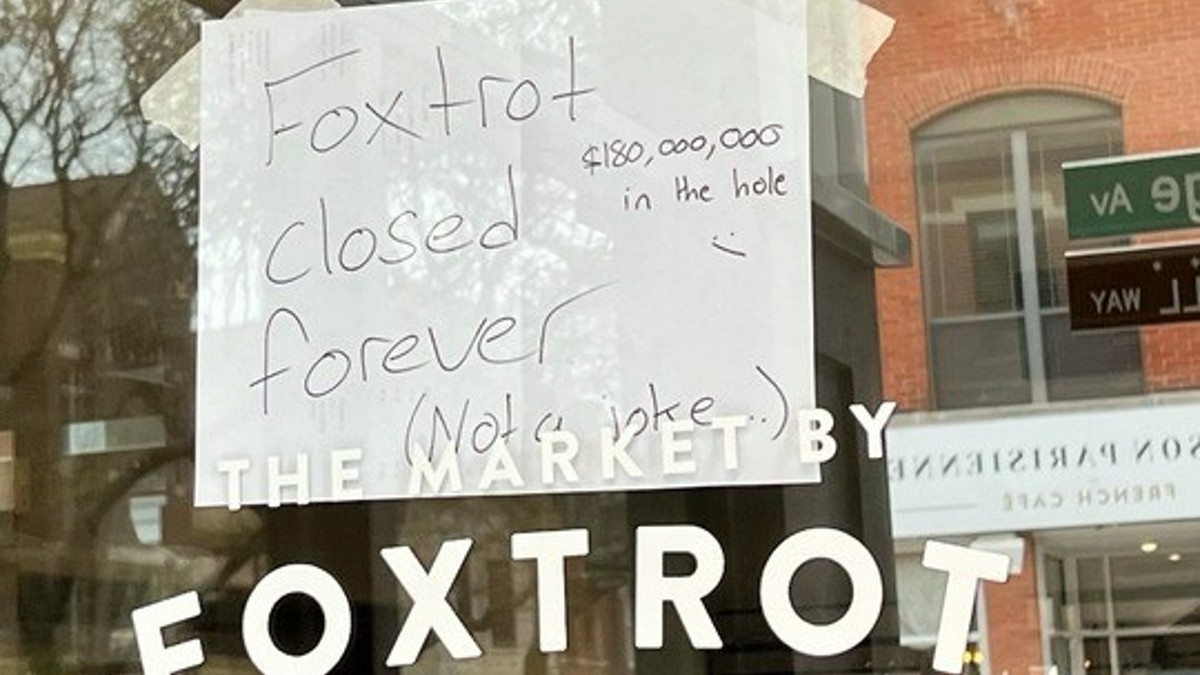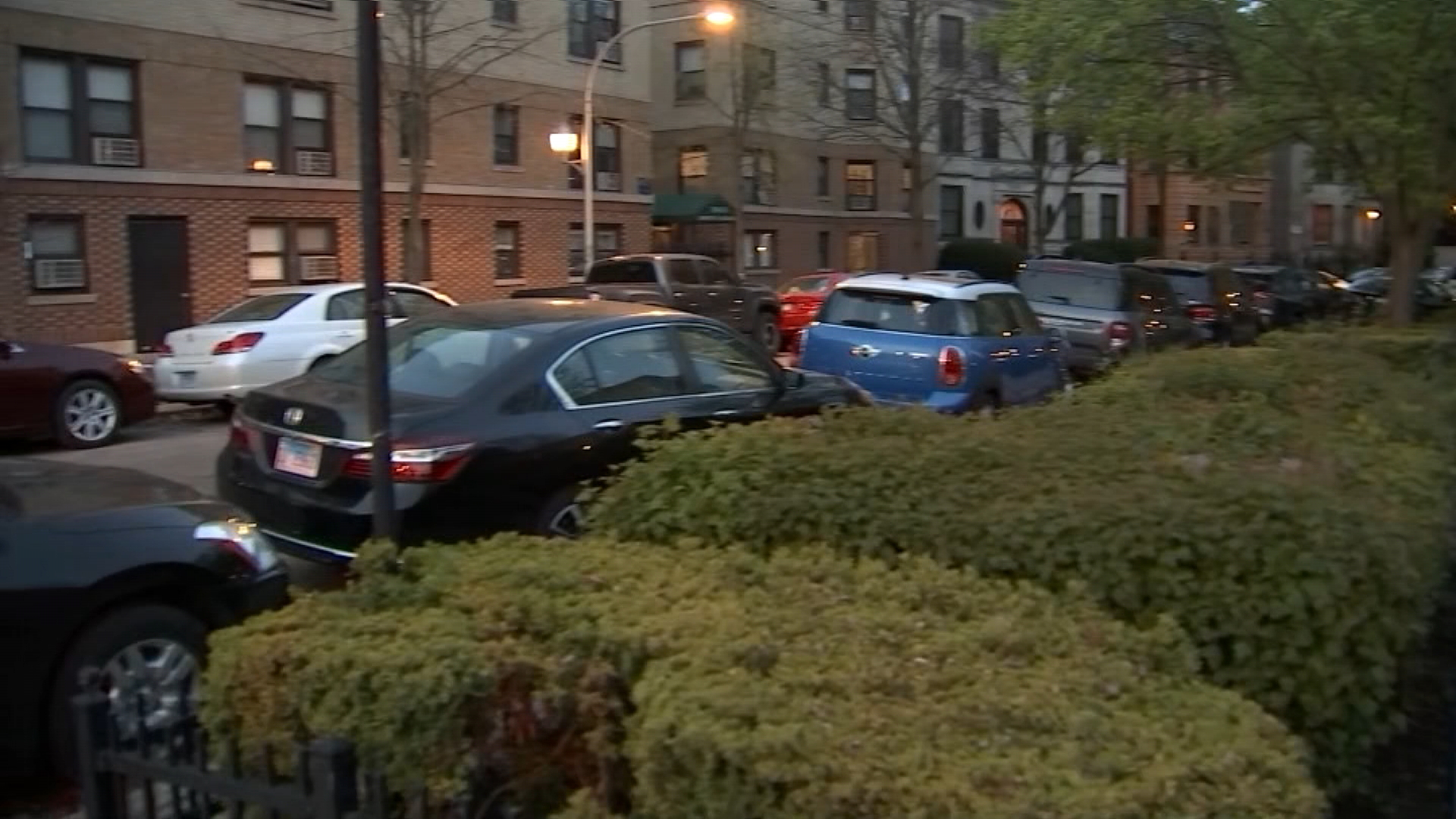The Chicago Blackhawks are going to have a new-look blue line going into next season, and with the departures of players like Niklas Hjalmarsson and Brian Campbell, the door could be opened for a young player to force their way into the mix.
One of the players that could find himself in that conversation is Luc Snuggereud. The Minnesota-born blue liner signed a contract with the Blackhawks last year after a strong season with the University of Nebraska-Omaha, and he feels that having the security of a deal will enable him to focus on the task at hand.
“It’s a different feeling knowing that I signed a contract and that I’m not going back to school in the fall,” he said. “It’s a different mindset knowing that I’m competing for a job and that I’m here to stay.”
Snuggerud could easily fit the bill for what G.M. Stan Bowman and head coach Joel Quenneville are emphasizing for the team this offseason. At 6-foot-1, Snuggerud isn’t going to be the most physically dominant defenseman on the ice, but he is a strong puck mover, racking up 20 assist in his final collegiate season.
He also looked good in limited time with the Rockford IceHogs last spring, with a goal and four assists in 13 AHL games, and he’s taken the momentum of that performance into his summer preparations.
“I’ve worked hard all summer leading up to this moment, and I need to continue to work hard,” he said. “I’ve continued to work on my defensive play and defensive positioning. I’ve also continued to work on my strengths like my skating and moving the puck up the ice.”
Those facets of the game are obviously critical for any defenseman, and with the Blackhawks looking for blue line help, the team will hope that he can take some steps forward in the coming year.
Local
He will encounter some stiff competition from players like Gustav Forsling, Ville Pokka, and Erik Gustafsson when training camp gets underway, but his path through the USHL and the NCAA has already exposed him to what tough competition is like.
“The good thing about the college route is that you can move a bit slower and take your time to develop,” he said. “You meet great guys and great coaches along the way that can help you for two or three or four years. It takes a little longer, but if you’re patient and work hard it will pay off for you.”



